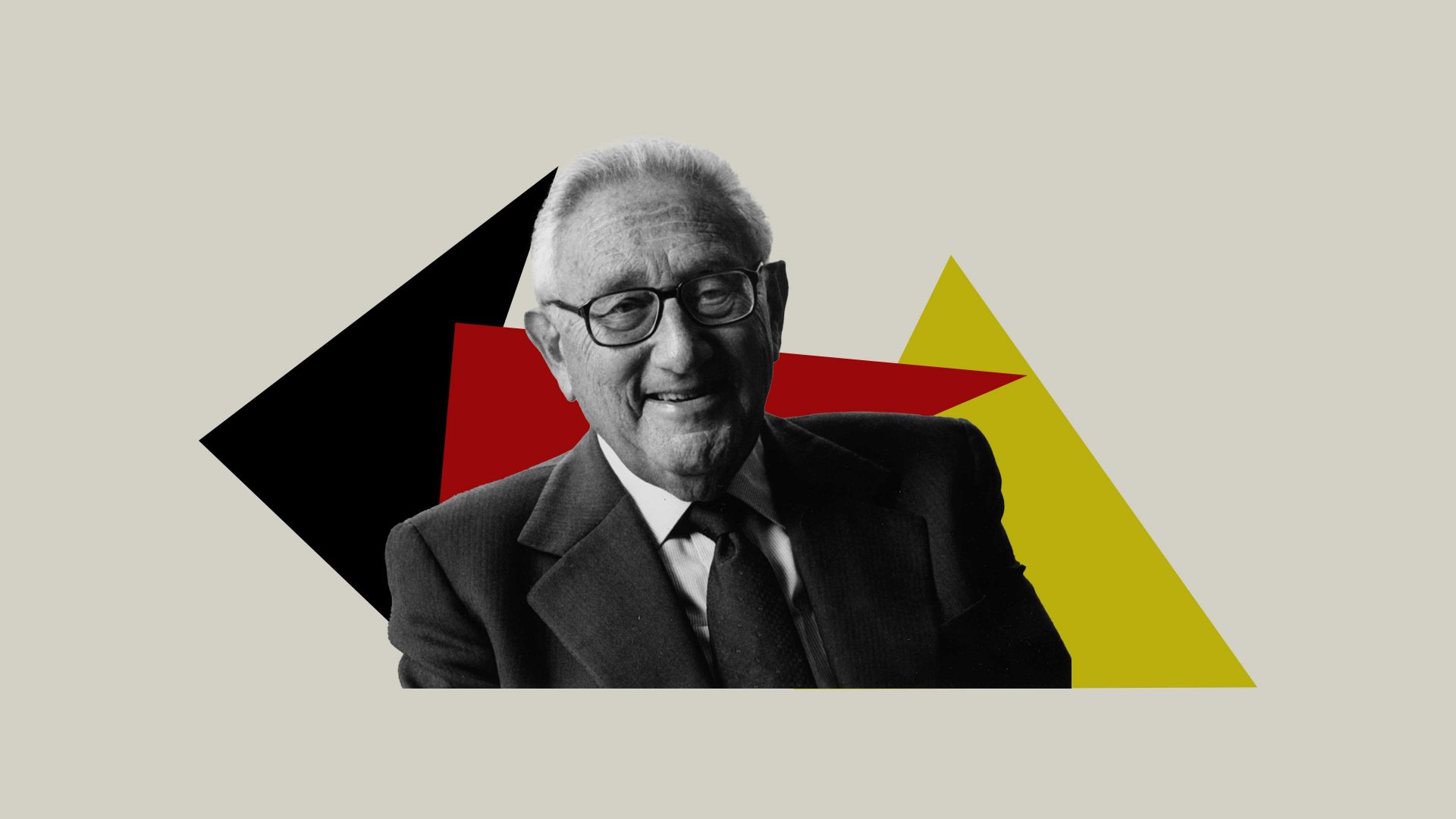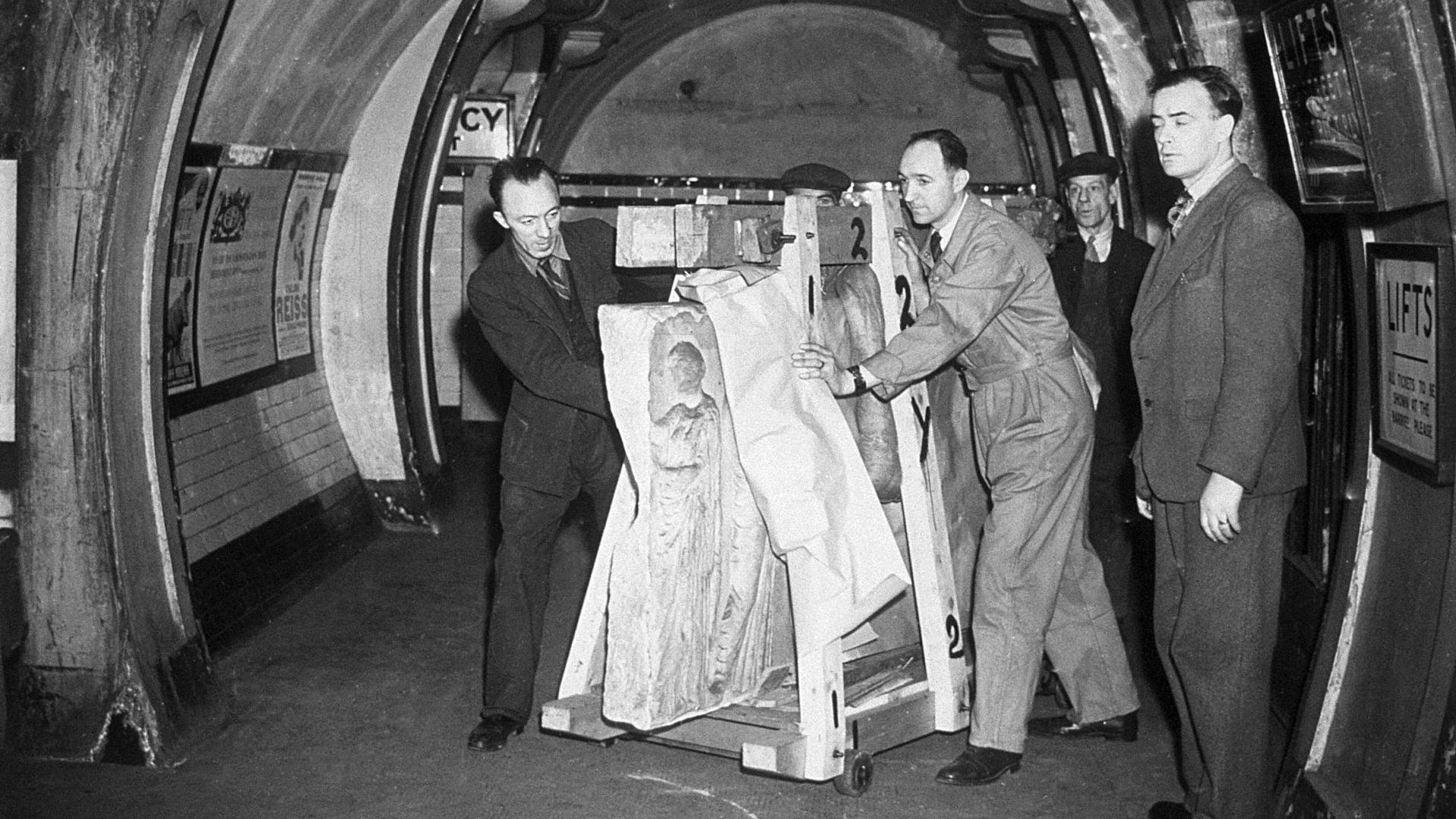Love him or loathe him, Henry Kissinger had quite a run. Not in the literal sense – family members say he limited his physical activities to intellectual exercises. Key skill: cross-continental strategising.
On becoming the first naturalised secretary of state in 1973, German-born Kissinger, in his heavy Franconian accent, remarked: “If my origin can contribute anything to… our policy, it is that at an early age I have seen what can happen to a society that is based on hatred and strength and distrust.” He envisioned an America that meant something beyond itself, working “for a world at peace with justice, compassion and humanity”.
Did he live up to this vision? Yes and no. Did he try? I believe he did. And Kissinger himself? When asked to name his greatest successes and failures, he once replied, smilingly: “I don’t quite understand your second point.”
His critics, however, never grew tired of accusing him of “moral wretchedness”. Only a few months ago, legacy statesman Wolfgang Schäuble felt compelled to come to his defence, stating: “Alleging a lack of morals is dead wrong. Whoever takes action as a politician becomes guilty. But taking action is a moral imperative.”
Unlike Schäuble, I’m in no position to judge. I met “Super K” only once, at a reception in Berlin. He was a geopolitical giant, not a physical one, and with a bunch of particularly tall Germans towering over him, I wondered whether he’d get enough oxygen. He did – indeed, he seemed to breathe in the admiration – and indefatigably lived on for another decade.
In states such as (“secretly” bombed) Cambodia and Chile (“I don’t see why we have to let a country go Marxist just because its people are irresponsible”), Kissinger wouldn’t have been so welcome. And while Germans don’t wear rose-coloured glasses, he is perceived as an iconic statesman rather than an evil genius. His legacy is complex: roughly speaking, for each ethically dubious decision there was at least one diplomatic triumph, some of them even to Germany’s benefit.
Half of postwar Germany was spared from Soviet oppression only thanks to US power play. Here Kissinger’s realpolitik – “foreign policy based not on sentiment but on an assessment of strength” – while causing suffering elsewhere, provided security and stability. And without belittling former chancellor Willy Brandt’s rapprochement, the 1970s Ostpolitik, it was US diplomacy that had the decisive impact in ending the cold war.
Interestingly, Kissinger was sceptical of Nazi opponent Brandt (while he became friends with his successor, former Wehrmacht soldier Helmut Schmidt). Oval Office tapes prove he called Brandt “dumb”, “lazy” and a “drunk” in conversation with Richard Nixon. Never mind, he also called Nixon a “drunken lunatic”.
Leaving slurs aside, Kissinger pursued a policy of de-escalation, arms control and back-channelling (he played chess with Moscow’s ambassador, Anatoly Dobrynin, in DC) that undeniably stopped the nuclear collision course.
Another reason why Kissinger’s German obituaries make for a sympathetic read is the affection he held for this country, despite what its people had done to his younger self. Heinz Alfred Kissinger, the Jewish boy from Fürth (pronounced furt), had been forced out of state school, beaten up by Nazi gangs and banned from his beloved football club’s stadium. He narrowly escaped with his family to New York in 1938. Thirteen of his relatives were murdered in the Shoah.
And yet, when he returned as a US citizen with the 84th US Infantry Division, even after seeing “the bestiality of the system and the degradation of human beings” upon liberating Ahlem concentration camp near Hanover, despite encountering “the collective German amnesia” first hand, he formed an affection for the new Germany. He convinced Washington that it was in its self-interest to promote German unification, at least rhetorically. And once in the White House, pre-internet, he gladly received news from the German embassy about his local football club’s results. When diplomatic affairs didn’t run smoothly, however, he’d get them two days late.
Kissinger’s story is that of a refugee child who worked his way up from a shaving brush factory to become the first and foremost US influencer. To Germans, it is also a story of forgiveness. Which was needed then, is needed now and will be needed in future – as well as his multi-faceted art of (shuttle, triangular, personalised, you name it …) diplomacy. Given the state of global affairs, one can only hope for a couple more back-channels at work right now.
My favourite learning from Kissinger, however, is this: by watching football and relying on a diet of Schnitzel and sausages, you can live to be 100.




